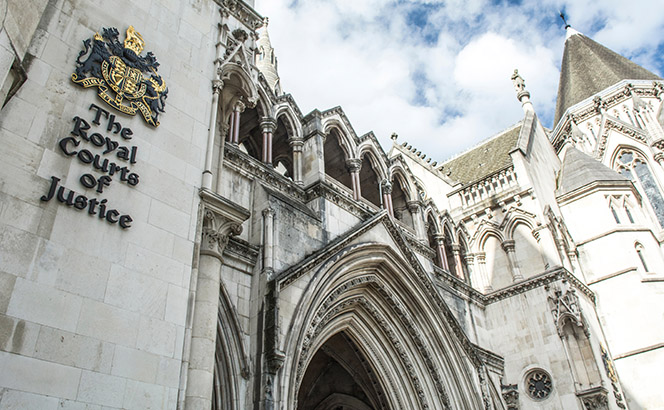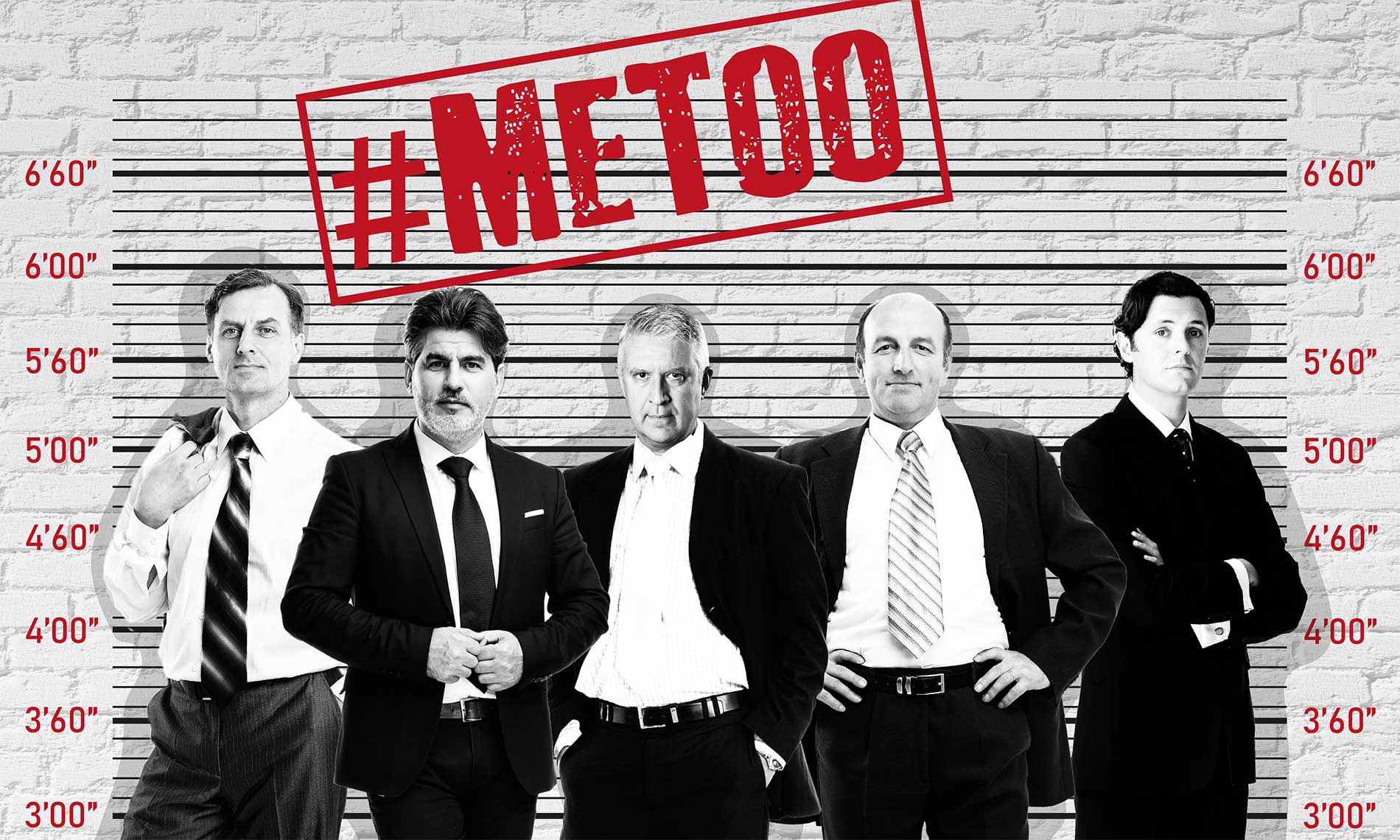
There are some interesting comments highlighted in a story on Legal Futures this month by the president of the Solicitors Disciplinary Tribunal (SDT) regarding a BSB consultation.
‘The SDT will remain the master of its own destiny in this debate. Its membership will do what it believes to be right in a rational, informed, evidence-based manner.









